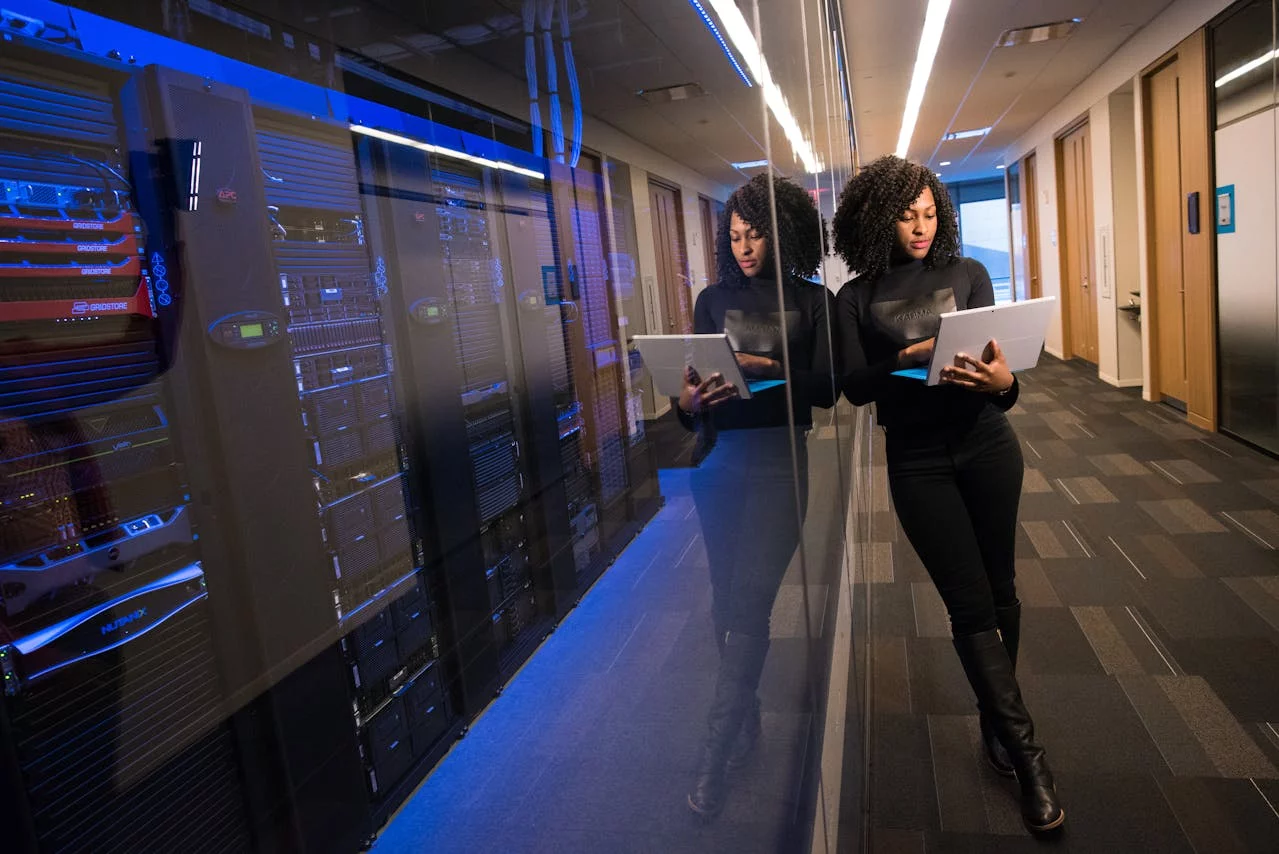Developing a Programming Mindset: Think Like a Developer
Having a true programming mindset is acquired by exploring problem-solving techniques, practicing logical thinking, and improving.
In a nutshell, the success in software development begins with a mindset on the front burner. The programming mindset would help a developer become methodical about logically solving problems and provide endurance in the face of continuous attempts and errors. This programming mindset marks the difference between those who can just copy existing code and those who can understand the code and make something new from it. At every level, building the programming mindset matters. It means developing patience, practicing structured thinking, and embracing failure as a stepping stone toward success. It is essential to discuss the concept of a programming mindset: what truly defines it and why it matters, and to look at some ways that you can cultivate it as you become a better developer.
Establishing a Programming Mindset That Lingers
What Is a Programming Mindset and Why Does It Matter
A programming mindset is the term employed to describe the developer's style of thinking when faced with an issue or while creating software. It has nothing to do with remembering commands; it's all about how one thinks, analyzes, fixes, and persists. Technical knowledge equips you with instruments, but your attitude decides if you will utilize them effectively.
At a very basic level, the programming mindset is about being logical, patient, and curious. It feeds on structured thinking, breaking down complex problems into their components, and working through them in logical sequences. Programmers with a mindset see bugs as learning opportunities rather than failures. They know that even the best developers create errors and that fixing them is part of the job.
It is a mindset that focuses on consistency rather than on being perfect. Learning to code will involve stepping through concepts multiple times, so one has to study and practice with real problems. A programming mindset believes that developing takes time and effort.
It matters because, without the proper mindset, talented learners can burn out or get stuck. Tutorials and courses are the first step. What carries you through is the attitude toward setbacks: finding solutions on your own and striving continually to be better.
Especially nowadays, when companies rely on platforms like Oatllo to develop disruptive solutions, developers are problem-solvers, not just coders. A programming mindset means that you don't just build applications and websites; you build capacity to adapt, iterate, and lead toward a tech-enabled future.
Developing a Programming Mindset
The process that brings about a programming mindset is intentional. It’s not innate; it’s a cluster of mental habits that you can cultivate and nourish through use and practice. Refining your mindset helps you gain clarity and clear the path to become a better developer.
Start with the Decomposition of Problems
Simplify problems, narrow information and observations to resolve the core issue. Tackle big tasks piece by piece. This discipline improves code quality, calmness, and productivity.
Embrace Error-Driven Learning
Errors are your best teachers. When code misbehaves, ask “Why?”. Read error messages, analyze logic, and go deeper. Treat mistakes as milestones that build independence.
Practice Mental Debugging
Sketch solutions on paper or in your head before coding. This nurtures abstract thinking. Experienced developers often “see” solutions first - it’s trained mental simulation.
Work on Long-Term Skill Development
Trends come and go. Go deep on fundamentals: loops, data structures, logic flow, abstraction. Think of knowledge like a tree: root deep to grow wide branches.
Stay Calm Under Pressure
Deadlines and outages test your mindset. Step back, ask strategic questions, and follow the process. How you handle issues delivers value beyond the code itself.
Help Your Processes Work in Reflection
After finishing a task or slaying a bug, reflect on what went well and what didn’t. Keep a learning journal or share notes on a blog to cement understanding and help others.
Different Challenges Bring Different Engagements
Leave your comfort zone. Explore web design, automation, algorithms, databases. Breadth builds versatility for new tools and shifting project requirements.
Be Curious and Ask Why
Don’t stop at “it works.” Ask why it works. Dig into internals. Top programmers go beyond surface knowledge to the mechanisms underneath.
Mindset or Skill: Why the Right Attitude Wins
Aspiring developers often focus only on technical skills - frameworks, syntax, certifications. They matter, but they’re not the whole picture. The edge is the mindset that solves meaningful problems.
Technical stacks age quickly. New tools appear every year. With a strong mindset, you won’t get stuck: you’ll learn new languages and frameworks faster because you’ve trained yourself to assume, learn, adapt, and apply.
Mindset also shapes collaboration. Problem-solvers bring calm and clarity, communicate their logic, assist others, and embrace feedback as an opportunity to create.
Conclusion
Developers think in a certain way - logical, inquisitive, patient, and problem-solving. This interplay of attitudes helps professionals find solutions, keep learning in a changing world, and contribute meaningfully to successful projects.









